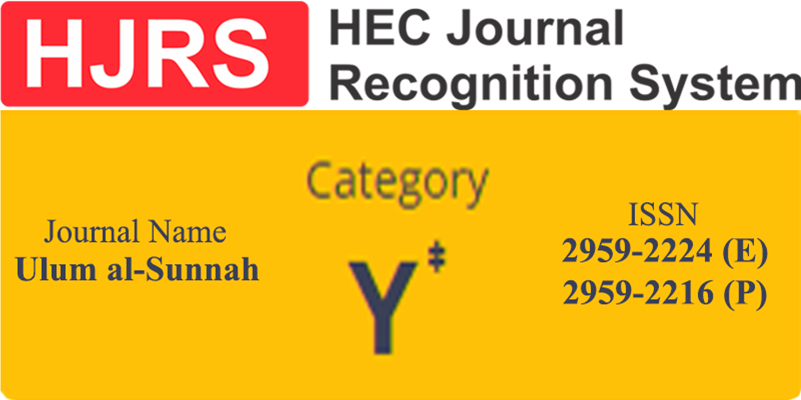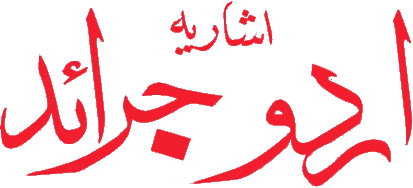مقاصدِ شریعت کی روشنی میں مُدَارات اور مُدَاہَنَت کے معیارات
The Standards of Mudarat (leniency for religious expediency) and Mudahant (leniency for worldly interest) in the Light of Shariah Objectives
DOI:
https://doi.org/10.5281/zenodo.13773736Keywords:
Mudarat, Mudahant, Maqasid al-Shariah, Islamic jurisprudence, religious leniency, ethical dilemmasAbstract
The religion given by Allah is based on wisdom and wisdom. But following the rules of religion is not limited to knowing the wisdom, because the human intellect is limited and it is not necessary for him to know all the wisdom of Allah Almighty. Hazrat Shah Waliullah writes about this: It is not permissible to pause in following the rules of the Shari'ah, as long as they are proven by authentic narrations, until their expedients are known. Islam in terms of its word, meaning and title is generally the name of peace and security, well-being and security. In other words, Islam is the name of not only being safe and free from corruption and death, but also keeping everyone safe and free. This is the reason why every aspect of Islam and the teachings of Sahib-e-Islam encourages and guarantees goodness, well-being, population, development and peace and security. Moreover, the family, social, social and economic purpose of Muslims with non-Muslims. Guidance on the relationship of each species is also available.
Downloads
Published
How to Cite
Issue
Section
License
Copyright (c) 2024 Abdul Rauf Sanawan

This work is licensed under a Creative Commons Attribution-NonCommercial 4.0 International License.
This is an open-access journal which means that all content is freely available without charge to the user or his/her institution. Users are allowed to read, download, copy, distribute, print, search, or link to the full texts of the articles, or use them for any other lawful purpose, without asking prior permission from the publisher or the author. All articles are available on the internet to all users immediately upon publication. Non-commercial use and distribution in any medium are permitted, provided the author and the journal are properly credited.











 Research Journal Indexed by Google Scholar
Research Journal Indexed by Google Scholar